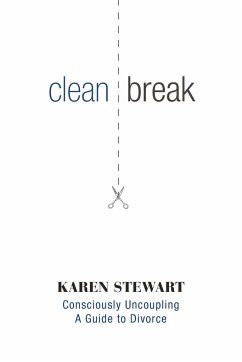At the beginning of the twenty-first century, Egyptian women gained the unique right to divorce their husbands unilaterally through a procedure called khul'. This has been a controversial application; notwithstanding attempts to present the law as being grounded in Islamic law, opponents claim that khul' is a privileged women's law, and a western conspiracy aimed at destroying Egyptian family life and, by extension, Egyptian society. In Khul' Divorce in Egypt, Nadia Sonneveld explores the nature of the public debates-including the portrayal of khul' in films and cartoons-while an examination of the application of khul' in the courts and everyday life relates and compares this debate to the actual implementation of the procedure. She makes it clear that the points of controversy bear little resemblance to the lives of the lower-middle-class women who apply for khul'; they merely reflect profound changes in the institutions of marriage and family.
Hinweis: Dieser Artikel kann nur an eine deutsche Lieferadresse ausgeliefert werden.
Hinweis: Dieser Artikel kann nur an eine deutsche Lieferadresse ausgeliefert werden.








